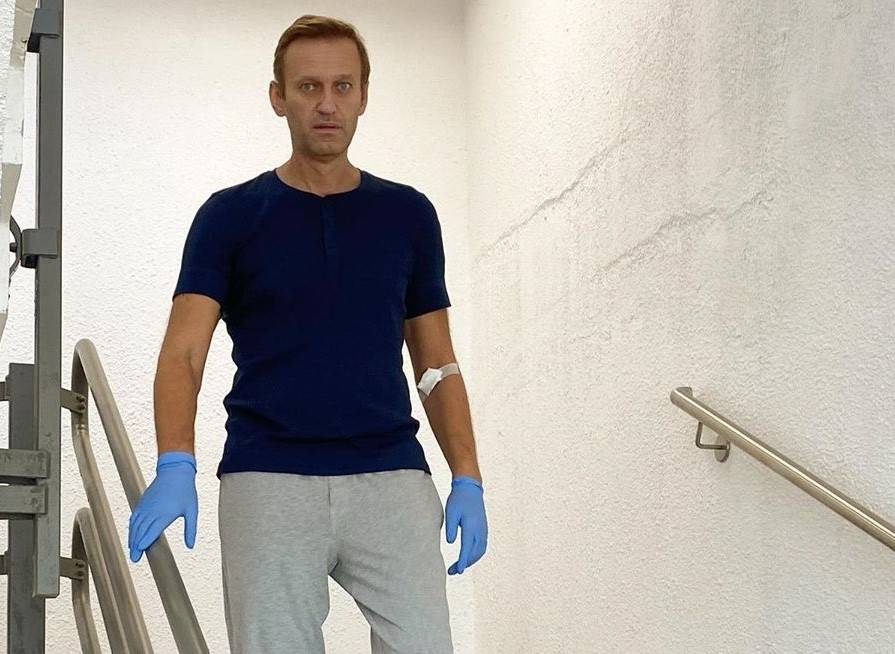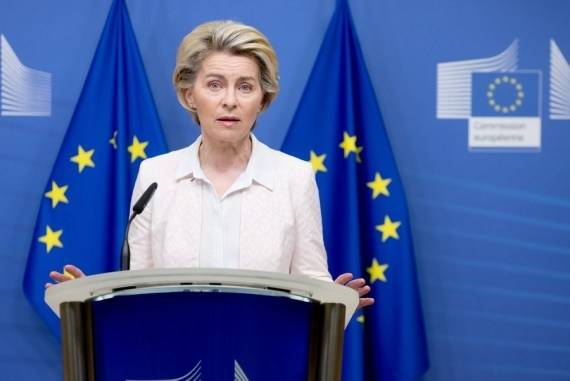Russia’s latest moves against Navalny stirred up tensions with the West.
The four individuals were sanctioned for their “roles in the arbitrary arrest, prosecution and sentencing of Alexei Navalny, as well as the repression of peaceful protests in connection with his unlawful treatment”, said the European Council…reports Asian Lite News
The European Union (EU) has imposed restrictive measures on four Russian individuals responsible for serious human rights violations in Moscow.
The four listed were Alexander Bastrykin, head of Russia’s Investigative Committee; Igor Krasnov, the Prosecutor-General; Viktor Zolotov, head of the National Guard; and Alexander Kalashnikov, head of the Federal Prison Service.
The four individuals were sanctioned for their “roles in the arbitrary arrest, prosecution and sentencing of Alexei Navalny, as well as the repression of peaceful protests in connection with his unlawful treatment”, the European Council said in a statement on Tuesday.
The restrictive measures that entered into force on Tuesday consist of a travel ban and asset freeze.
In addition, persons and entities in the EU are forbidden from making funds available to those listed, either directly or indirectly, said the statement.
The decision was made after Josep Borrell, the EU’s high representative for foreign affairs and security policy, proposed the use of the bloc’s new human rights sanctions system at a meeting of the Foreign Ministers of the member states last week.
This is the first time the EU has imposed sanctions in the framework of the new EU Global Human Rights Sanctions Regime since it was launched in December last year.
Also read:‘Russia faces containment threats’
The US also announced on Tuesday sanctions and restrictions against Russian individuals and entities over the alleged poisoning of Navalny.
Secretary of State Antony Blinken said on Twitter that his country stands with the EU and UK “to counter Russia’s actions and in calling for Navalny’s release”.
Navalny, a harsh Kremlin critic, fell into a coma on a flight from the Russian city of Tomsk to Moscow in August 2020.
He was then transferred to a hospital in Berlin with suspected poisoning symptoms.
In early September, German Chancellor Angela Merkel said Navalny was poisoned with the Soviet-style Novichok nerve agent.

Russian authorities denied the accusations and demanded substantial evidence from Germany.
Navalny was detained this January upon his arrival in Moscow from Germany and was later sentenced to over two years behind bars, while his defence plans to appeal the ruling at a higher court.
Russia said the case with Navalny is a purely domestic affair and foreign intervention is not allowed.
“This is an exclusively internal matter. We will not allow anyone to interfere nor intend to listen to such statements,” Kremlin spokesman Dmitry Peskov said in January.
Also read:Russia warns US against ‘play with fire’

